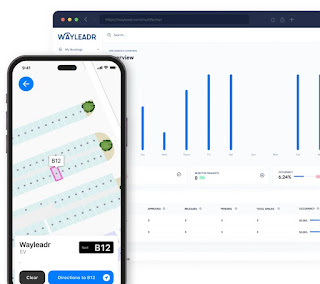What Is a Residential Parking Permit?
A residential parking permit (RPP) is a permission slip—physical or digital—that lets residents park in designated street zones near their homes. It helps improve parking access and balance neighborhood needs versus commuter or visitor parking. Here are the five essential things to understand:
1. Why Do Cities Use Residential Permits?
Cities apply RPPs to reserve on‑street parking for locals, preventing overcrowding from commuters, visitors, or nearby businesses. This keeps parking available for the people who live there. For example, Austin’s program started in 1997, allowing neighborhoods to “tax themselves”—about $20 per permit—to improve local quality of life.
Modern examples, like recent Baltimore enforcement, show that permits and fines free up spaces for residents.
2. Who Qualifies and What’s Required?
Typically, residents must:
Live in the specific permit zone
Have a vehicle registered at that address
In some American cities, proof like utility bills, driver’s license, and vehicle registration is required.
Permit programs often allow residents to get a limited number of guest permits for friends or family—though these are usually temporary and limited.
3. What Are the Benefits and Drawbacks?
Benefits
Prevents non-residents from filling local streets
Gives residents better parking access
Funds permit enforcement and neighborhood upkeep
Drawbacks
Adds cost and admin work for residents
Requires enforcement (signage, monitoring officers, or cameras)
Doesn’t guarantee a specific parking spot—just better odds
4. Paper vs. Digital Permits — The Shift Is On
Traditional paper permits can be lost or counterfeited. Many cities now use digital systems tied to license plates and automated enforcement via License Plate Recognition (LPR).
Property managers (like Wayleadr’s platform) are also introducing digital permit systems for apartments and multifamily complexes. These systems allow online applications, guest permits, renewals, and real-time monitoring—all reducing manual work.
✅ Final Takeaway
Residential parking permits help neighborhoods claim back curb space, making it more accessible for locals. They come with costs and need proper enforcement, but digital systems are modernizing the entire process. Whether you're applying or just curious, knowing how they work helps you understand your city's parking rules—and where improvements are underway.
.png)
.png)
%20(1).jpg)
Comments
Post a Comment